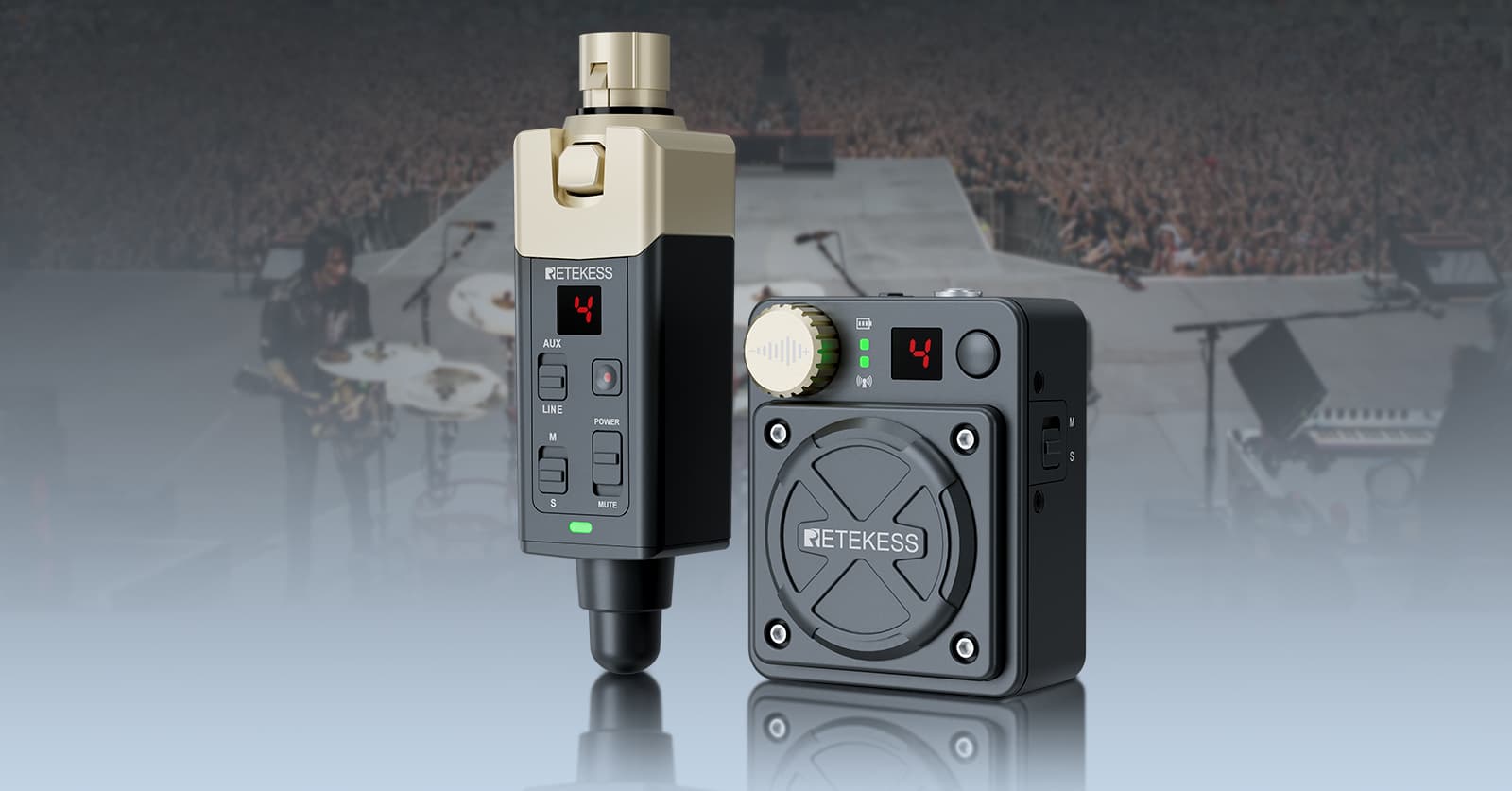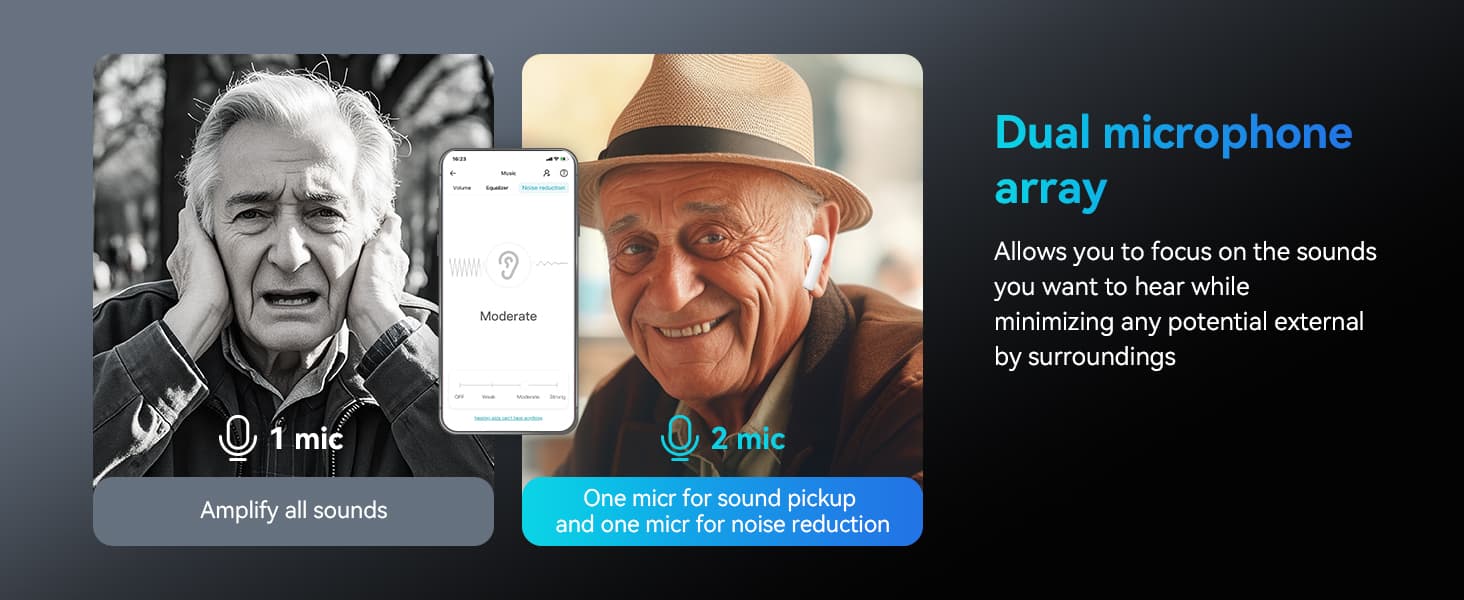Blog Detail
Table of Contents

Symptoms of Low-frequency Hearing Loss
- Amy
- Jan 23, 2025
- 0 Comments
Low-frequency hearing loss is often overlooked. It does not affect the ear's ability to listen to high volumes as obviously as high-frequency hearing loss, nor does it directly affect the core part of speech comprehension as medium-frequency hearing loss does. However, low-frequency hearing loss can still seriously affect the quality of life, especially in music appreciation, environmental perception, and communication in certain specific occasions.
(1) The "invisible" characteristics of low-frequency hearing loss:
Low-frequency hearing loss (usually refers to the frequency range below 500Hz) affects the low part of the sound, including the sound of some bass instruments, engine sounds, low male voices, etc. It will not make people unable to hear others speak clearly, but will make the hearing-impaired feel that the "texture" of the sound has changed, lacking the richness of the sound and the details of the bass.
This will make people feel that the sound environment is not good, not low-frequency hearing loss.
(2) The specific manifestations of low-frequency hearing loss:
① The music appreciation experience is reduced, and the music sounds "hollow" and lacks fullness.
People with low-frequency hearing loss will find that the bass part of the music becomes fuzzy, weak, and lacks depth and texture. The sounds of instruments such as bass drums, double bass, and bass sound unclear or even difficult to distinguish.

② Abnormal perception of environmental sounds.
People with low-frequency hearing loss may find it difficult to distinguish low sounds in the distance, such as the sound of a car engine driving in the distance, the rumbling of thunder, and the roar of distant machinery. These sounds may become unclear or sound farther away than the actual distance.
③ Male voices sound unclear.
Male voices usually contain more low-frequency components, so low-frequency hearing loss may make it difficult for hearing-impaired people to understand male voices, especially men who speak faster or have a deeper voice.
④ Reduced sensitivity to certain sound effects.
Low-frequency sounds play an important role in some sound effects, such as explosions and earthquakes in movies. Low-frequency hearing loss can lead to a decreased ability to perceive these sound effects, which can affect the viewing experience.
⑤ Feeling that the sound lacks "strength" and "weight".
Low-frequency sounds give sounds a sense of strength and weight. People with low-frequency hearing loss may feel that the sound lacks this texture and sounds "light".
⑥ Difficulty distinguishing the source of sound in a noisy environment.
Low-frequency sounds often help us determine the source and distance of a sound. Low-frequency hearing loss may make it difficult for you to distinguish the source of a sound in a noisy environment.

⑦ It is easy to miss low-pitched alarm sounds.
The sounds of some alarms, such as some smoke alarms, are mainly concentrated in the low-frequency range. People with low-frequency hearing loss are more likely to miss these important alarms.






















Comments (0)